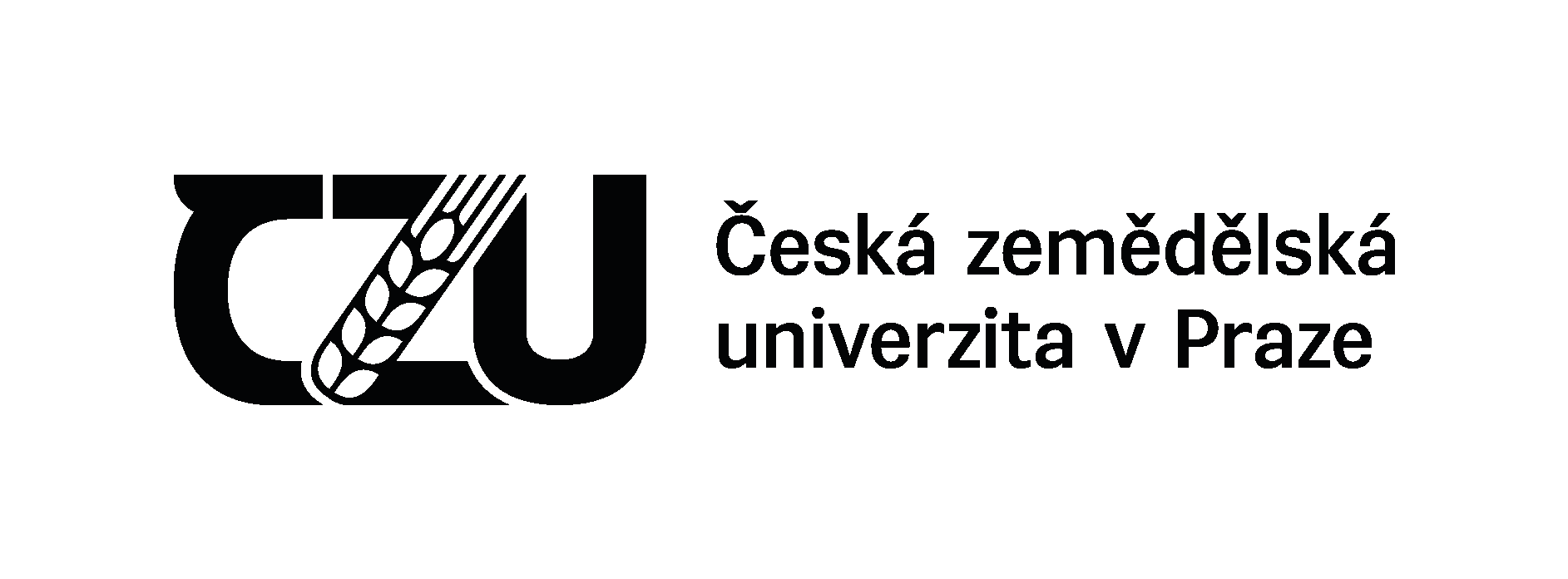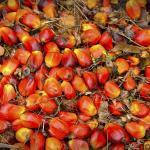Forget about amarouny. The food of our future has six legs and antennae.
Finding environmentally friendly and sustainable sources of protein is certainly one of the hottest topics of the early 21st century. The main reasons for this are the growing population and the ever-increasing demands on animal production, which in the long term are impossible to meet. Insects are also currently considered as one of the promising alternatives. Insects are known as a source of quality protein and are therefore a more or less important part of the diet of people in more than 100 countries. However, its nutritional value is not always the same, but depends on many factors including the species, the composition of the food or the sex of the individual. Therefore, knowledge of the factors that influence the nutritional composition of insects is one of the key prerequisites for successful optimization of insect farming technology for subsequent processing for the food or feed industry.
In their work, a team of experts from our faculty described the influence of the insect's developmental stage on the quantity and quality of essential nutrients contained. The model species for this experiment were the cockroach Blaberus craniifer and the Brazilian blackworm (Zophobas morio). No significant difference in essential nutrient content or protein quality (expressed as essential amino acid indices) was found between the larvae of the sweat worm harvested at 60, 90 and 120 days of age. In contrast, in B. craniifer cockroaches, adults contained significantly more protein and less fat than nymphs of the same species. Based on calculations of the indices of atherogenicity (risk of fat deposition) and thrombogenecity (ability to cause thrombosis), it was found that fat quality increased with age in cockroaches, whereas it decreased in mealworms.
The results of this work thus confirmed that the current stage of insect development significantly influences the nutritional value of insects, with differences between larval stages not being as large as those between juvenile and adult insects. The findings are valuable not only for the scientific community concerned with the nutritional quality of food, but also for the breeders of edible insects. By timing the harvesting of insects at a particular developmental stage, they can produce edible insects of the desired nutritional parameters according to the wishes of the processor or consumer.
Original work:
KULMA, Martin, Lenka KOUŘIMSKÁ, Dana HOMOLKOVÁ, Matěj BOŽIK, Vladimír PLACHÝ and Vladimír VRABEC. Effect of developmental stage on the nutritional value of edible insects. A case study with Blaberus craniifer and Zophobas morio. Journal of Food Composition and Analysis [online]. 2020, 92 [cited 2020-11-19]. ISSN 08891575. Available from: doi:10.1016/j.jfca.2020.103570
Ing. Martin Kulma, Ph.D.
Ing. and Ph.D. in General Zootechnics at the Department of Zoology and Fisheries at ČZU
main scientific disciplines: entomophagy (methods of insect breeding; nutritional value, acceptance and sensory); insect ecology (monitoring of butterflies, mosquitoes and invasive insects); medical and veterinary entomology (bionomics of pathogen vectors, efficacy of alternative repellents and biopesticides).
About me: I have a nice wife, a grumpy dog and I'm always late
leisure time: I like to walk in the mountains with a loom on my back, sleeping under the open sky and I like to do English, and I also like spicy food and beer
prof. Ing. Lenka Kouřimská, Ph.D.
Ing. and Ph.D. in chemistry and food analysis at VŠCHT, habilitation proceedings at ČZU in the field of agricultural product quality
main scientific disciplines: food chemistry and analysis, food quality and safety (recently mainly nutritional and sensory quality of edible insects and insects as a new type of food), lipid oxidation and natural antioxidants, sensory changes of agricultural products during processing and storage, food commodity science
about me: I have a caring husband, two sons (both following in their mother's footsteps and studying food quality and nutrition at the Czech Technical University and the University of Technology, respectively), a cat and a breeding of Australian scarecrows
leisure time: my husband and I like ballroom dancing, hiking, exploring Czech and foreign fauna and flora


